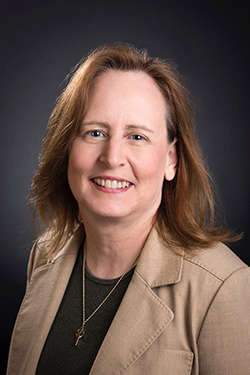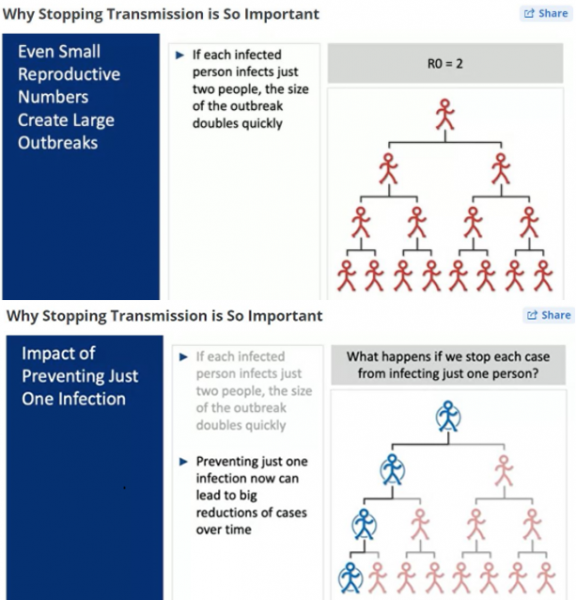CARES Center committed to keeping Georgia Southern safe during COVID-19 pandemic
Before the COVID-19 pandemic, Kelly Crosby’s title was Director of Risk & Compliance in the Internal Audit, Risk & Compliance Department. However, since the Georgia Southern University CARES Service Center was formed, she has been totally involved helping limit the spread of COVID-19.

“No one knew what to expect when we joined this project,” said Crosby, the head of the CARES Center Contact Notification Team. “Every team member has worked long hours on top of their regular jobs to develop and implement new processes to maintain a safe and healthy campus. When our report volume was at its highest, we didn’t get a day off for over a month.”
The CARES Service Center consists of the contact notification team, a student team, a faculty/staff team and a call center. All members of the contact notification team have completed a training course developed by Johns Hopkins University to understand the reasons for contact tracing and how to communicate with those affected.
Contact notification and tracing entails asking those who have tested positive and anyone who has been in close contact with them to limit contact with other people. The concept has been used to slow the spread of Ebola, measles, tuberculosis and other contagious diseases.
Students, faculty and staff who report a positive test can access a wide variety of assistance from the various CARES teams, including notifications to faculty that the student is excused from class; access to accommodations developed by faculty members to allow students to stay current with instruction; delivery of meals to students living on campus; when they can safely return to classes; extensions of the isolation period if the student doesn’t feel well at the end of isolation; and any other assistance the student may need.

Crosby said if someone on campus has tested positive they should isolate, and if they have been in close contact with someone who is positive, they should quarantine.
“Isolation for sick people or quarantine for potentially exposed people means eliminating contact with other people, except for doctors,” Crosby said. “We recommend staying in your own bedroom, using your own bathroom facilities and not sharing common spaces whenever possible. That means you don’t go out to get food, to run errands or invite your friends over to keep you company.”
A close contact is defined by the Centers for Disease Control and Prevention as anyone who lives with you, including family or roommates; anyone you have seen face-to-face and been within 6 feet of for 15 minutes or more; and anyone who has been in direct contact with you or with your secretions. Close contacts are required by the department of health to quarantine for 14 days from the date of last contact with someone who has tested positive.
“If your roommate is positive but does not isolate away from you, your quarantine period does not end until 14 days after your last contact,” Crosby said. “If your roommate continues to use the common areas of your apartment, your quarantine period resets each time they come out of their room. That means you may be in quarantine for up to 24 days.”
Crosby said she is proud of the CARES teams’ dedication and support of themselves and the rest of the Georgia Southern community.
“Of all of the projects I have participated in during my career, I think this has been one of the most challenging, most rewarding and most meaningful.”
For more information on the CARES Center, visit https://www.georgiasouthern.edu/covid-19-information/.
Posted in Awards and Recognition

